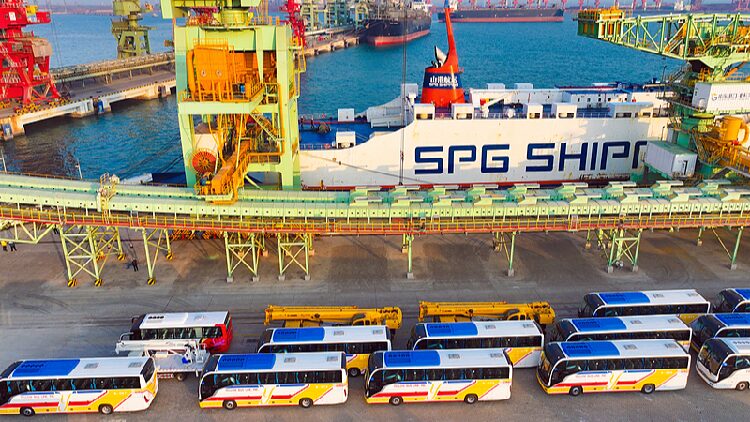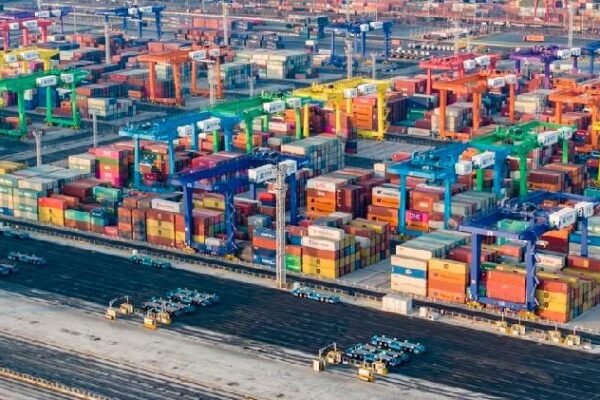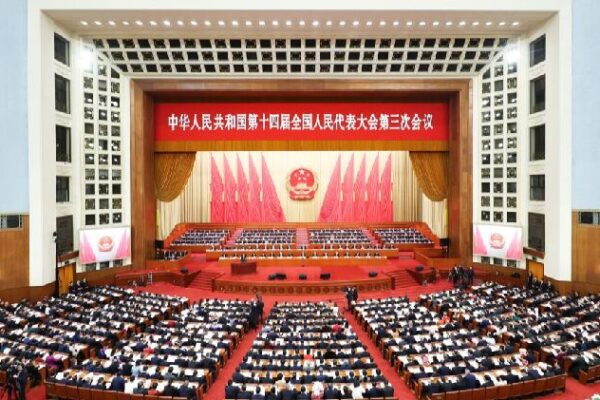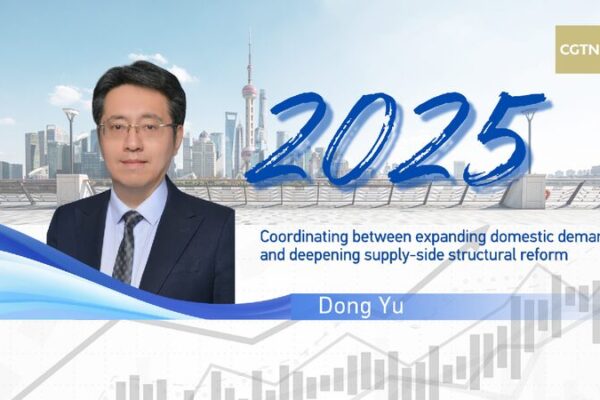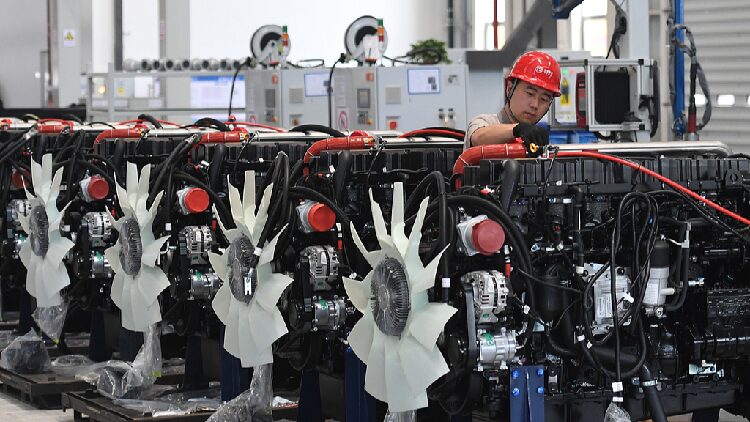As the global landscape shifts and de-globalization takes hold, China is facing a new economic challenge: declining exports. To counter this trend and sustain its economic growth, China’s government is turning to expansionary fiscal policy, boosting domestic demand and investing heavily in key sectors.
The Impact of Declining Exports
With global demand for Chinese goods decreasing, China’s traditional role as a supplier of mid- to low-end industrial products is under pressure. This decline in external demand necessitates a swift transition in China’s production model. The focus is shifting from serving international markets to meeting domestic needs, particularly in areas that enhance people’s livelihoods and drive technological innovation.
Why Expansionary Fiscal Policy Matters
As China’s balance of payments moves towards equilibrium, government spending plays a crucial role in maintaining economic stability. By increasing fiscal expenditures beyond revenues—essentially running a deficit—the government can inject much-needed liquidity into the economy. This approach is vital, especially when businesses, residents, and local governments are facing financial strains, and traditional monetary policies aren’t effectively stimulating investment.
Issuing treasury bonds allows the central government to expand its balance sheet, offsetting contractions in other sectors. This countercyclical strategy helps sustain economic growth during challenging times.
Investing in the Future
The allocation of fiscal funds is targeted towards areas that can stimulate growth and secure China’s economic future.
- Boosting Consumption: Initiatives like offering cash subsidies and incentives for consumers can directly enhance domestic spending, providing an immediate boost to the economy.
- Driving Technological Innovation: With traditional pathways for technological progress being hindered, the government is stepping in to promote independent innovation. By investing in key sectors and facilitating advancements across industrial chains, China aims to strengthen its technological capabilities.
- Ensuring Food and Energy Security: In a world facing turmoil and unreliable market mechanisms, restructuring grain and energy supply channels is essential. Fiscal funds are being used to support these critical supply chains, safeguarding China’s access to vital resources.
China’s expansionary fiscal policy is a strategic response to the challenges posed by declining exports and global uncertainties. By focusing on boosting domestic demand, driving innovation, and securing essential resources, China is taking proactive steps to ensure sustainable economic growth and stability.
Reference(s):
China's expansionary fiscal policy, expectations of declining exports
cgtn.com
